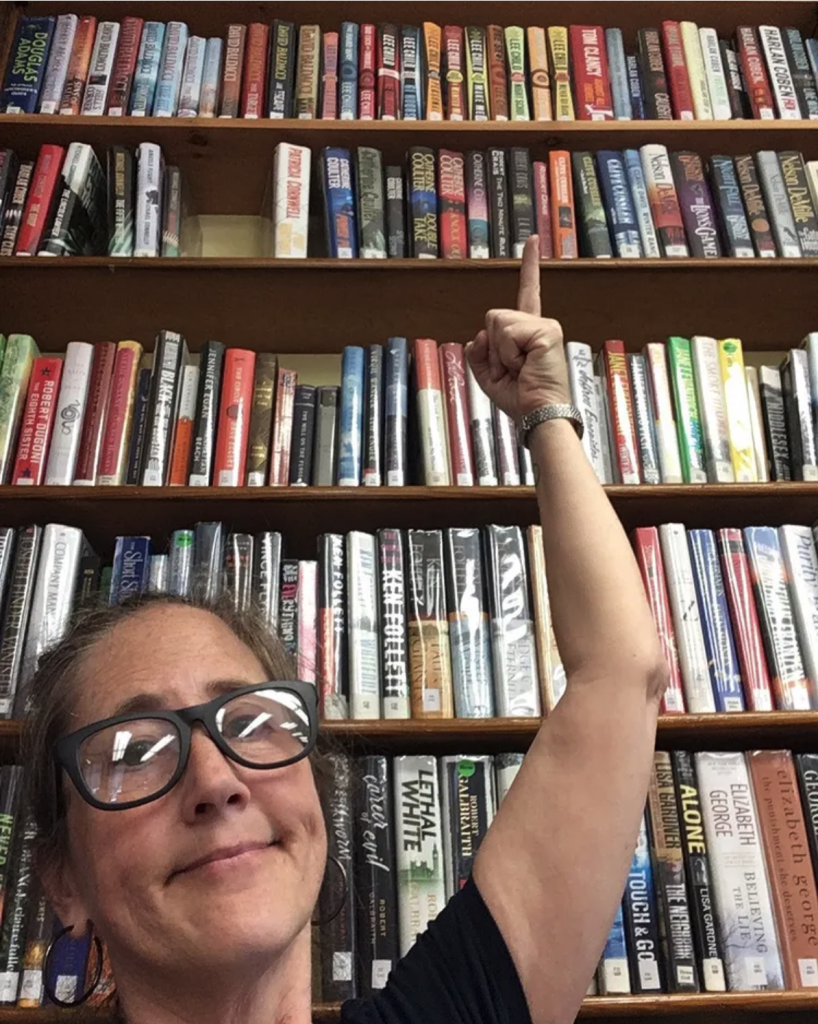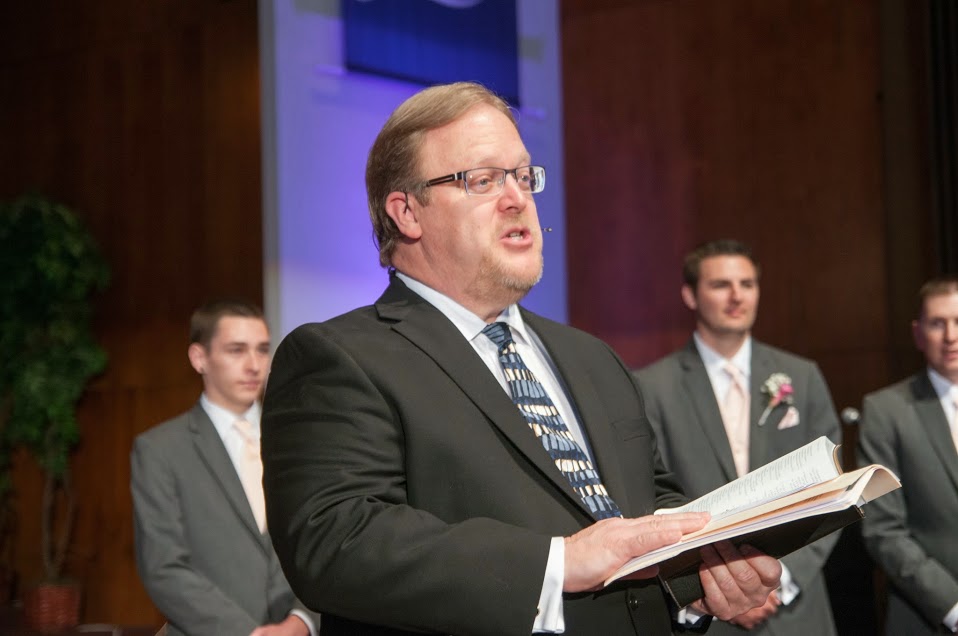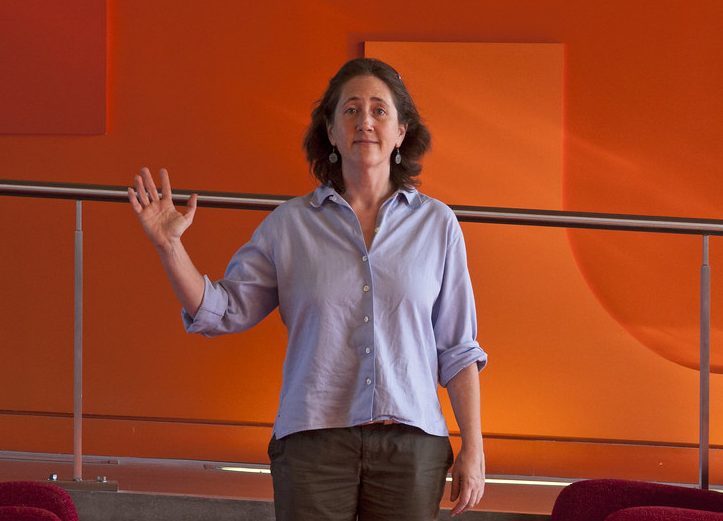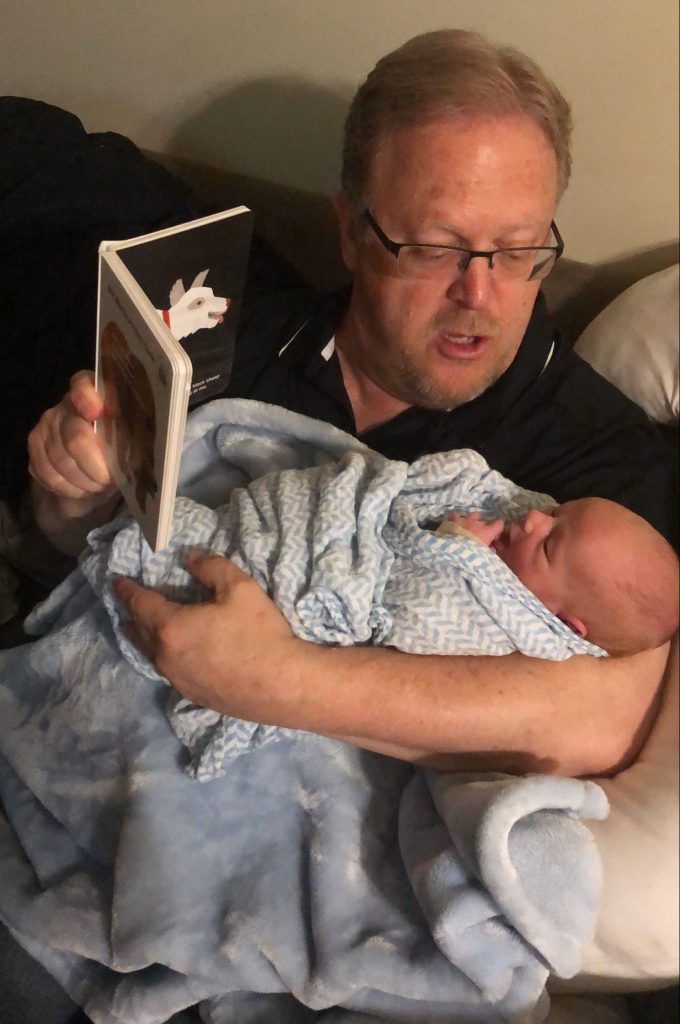To celebrate National Library Week 2022, we are taking readers behind the scenes to Meet the Librarians who work at the Internet Archive and in associated programs.
In her work, Jessamyn West is driven by a desire to help people and remove barriers to access.
“When I went to library school, I realized a lot of the things that were important to me lined up with library values,” West said. “Anti-censorship, intellectual freedom, and serving all the people — not just the people who can afford it, not just the people who can make it up two flights of stairs, not just people who can read small print. All the people.”

West is living out her values, processing requests from individuals to participate in the Internet Archive’s program for users with print disabilities. She receives emails from people around the world with blindness, low-vision, dyslexia, brain injuries and other cognition problems who need accessible content. In her role, West has helped qualify thousands of patrons to receive materials in alternative digital formats.
Her qualifying work for the Internet Archive is among a variety of activities that keeps West busy with the Vermont Mutual Aid Society. West works part-time at the Kimball Library in Randolph, Vermont, where she helps adults in her community learn to use technology. She also does public speaking on the digital divide and other technology access issues, as well as writes a monthly column for Computers in Libraries Magazine.
“All I want to do is to get as much knowledge, to the most people, in as easy a way as possible.”
Jessamyn West, Vermont Mutual Aid Society
West grew up in Boxborough, Massachusetts, where she learned about computers from her dad and her mother introduced her to the importance of civic engagement and volunteerism. At Hampshire College, she earned a bachelor’s degree in linguistics and then moved to Seattle.
In 1994, West enrolled in the Graduate School of Library and Information Science (GSLIS) at the University of Washington. The shift to online information and the emergence of the web was presenting an opportunity and a challenge for libraries, which West said was exciting to be a part of at the time.
Her first job after graduation in 1996 was with AmeriCorps at the Seattle Public Library helping adults learn to use computers. She later pivoted working for an internet service provider before moving back East. In Vermont, she continued working with libraries and set up her own tech consultancy. West has worked as a tech liaison for Open Library and has been a qualifying authority for the Internet Archive since 2018
“All I want to do is to get as much knowledge, to the most people, in as easy a way as possible,” West said. “I think it’s important that we have all kinds of libraries. I wouldn’t want a world that was only digital libraries and I certainly wouldn’t want a world that was only physical libraries. It’s really nice that many people, depending where you are, can have access to either or both in the way that makes the most sense for them.”
West maintains a professional website (jessamyn.info), a personal website (jessamyn.com) and blogs at librarian.net. When she’s not working, she enjoys editing articles about librarians and library topics on Wikipedia, playing pub trivia, creating moss terrariums, and writing postcards.
Among West’s favorite items at the Internet Archive: The Middlebury College collection of Vermont Life Magazine and The Great 78 Project.



